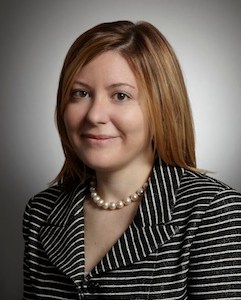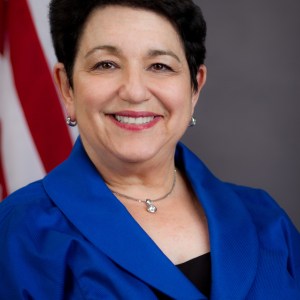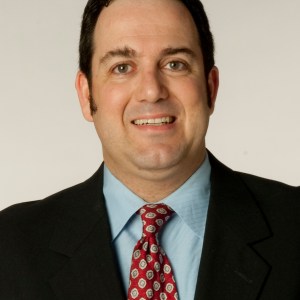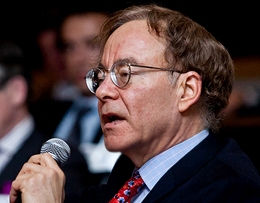
Public Deals Become More Private
If nothing else, the JOBS Act has focused more attention on the “metaphysics” of securities offerings. Even those who are not securities geeks might readily acknowledge that at some point in our recent past, there were some characteristics typically associated …
 Sky Blog
Sky Blog







